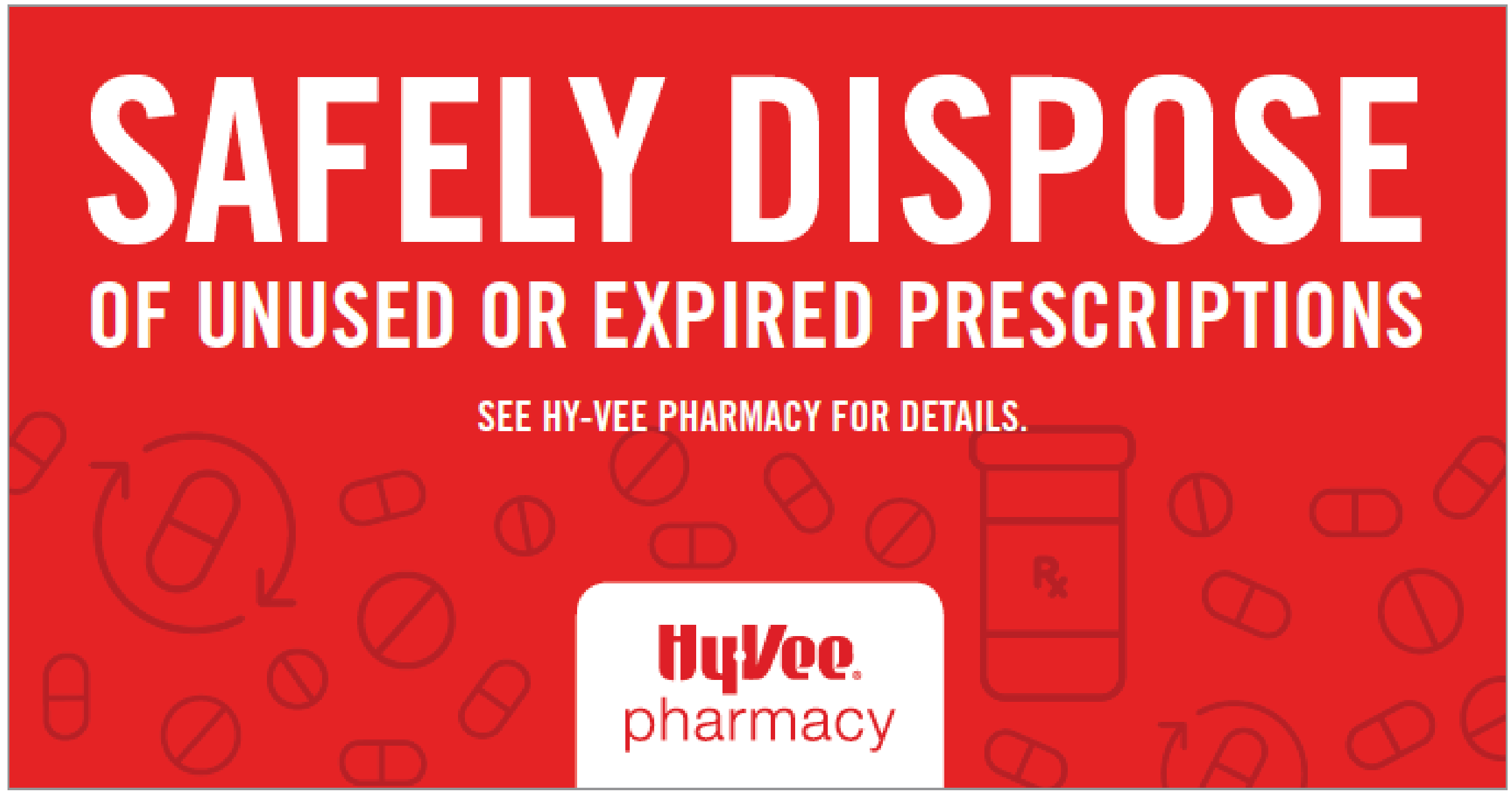


This cohort study, conducted with 1,200,438 children and young adults (aged 2-24 years) and 2,579,104 person-years of follow-up, including 373,667 person-years of current use of ADHD drugs, only found 7 serious cardiovascular events in current users. Patients should continue to use their medicine for the treatment of ADHD as prescribed by their healthcare professional.
Add medication professional#
FDA continues to recommend that healthcare professionals prescribe these medications according to the professional prescribing label. This study did not find an association between use of ADHD medications and cardiovascular events. The medications studied include stimulants (amphetamine products and methylphenidate), atomoxetine, and pemoline (no longer marketed). amphetamine, mixed salts (Adderall, Adderall XR).dextroamphetamine sulfate (Dexedrine, Dexedrine Spansules, Dextroamphetamine ER, Dextrostat).dexmethylphenidate HCl (Focalin, Focalin XR).methylphenidate (Concerta, Daytrana, Metadate CD, Metadate ER, Methylin, Methylin ER, Ritalin, Ritalin-LA, Ritalin-SR).These adverse cardiovascular events include stroke, heart attack (myocardial infarction or MI), and sudden cardiac death.ĪDHD medications involved in this safety review Food and Drug Administration (FDA) is updating the public that a large, recently-completed study in children and young adults treated with medication for Attention-Deficit/Hyperactivity Disorder (ADHD) has not shown an association between use of certain ADHD medications and adverse cardiovascular events.
Add medication update#
This update is in follow-up to the FDA Communication about an Ongoing Safety Review of Stimulant Medications used in Children with Attention-Deficit/Hyperactivity Disorder (ADHD)Īdditional Information for Healthcare Professionals


 0 kommentar(er)
0 kommentar(er)
